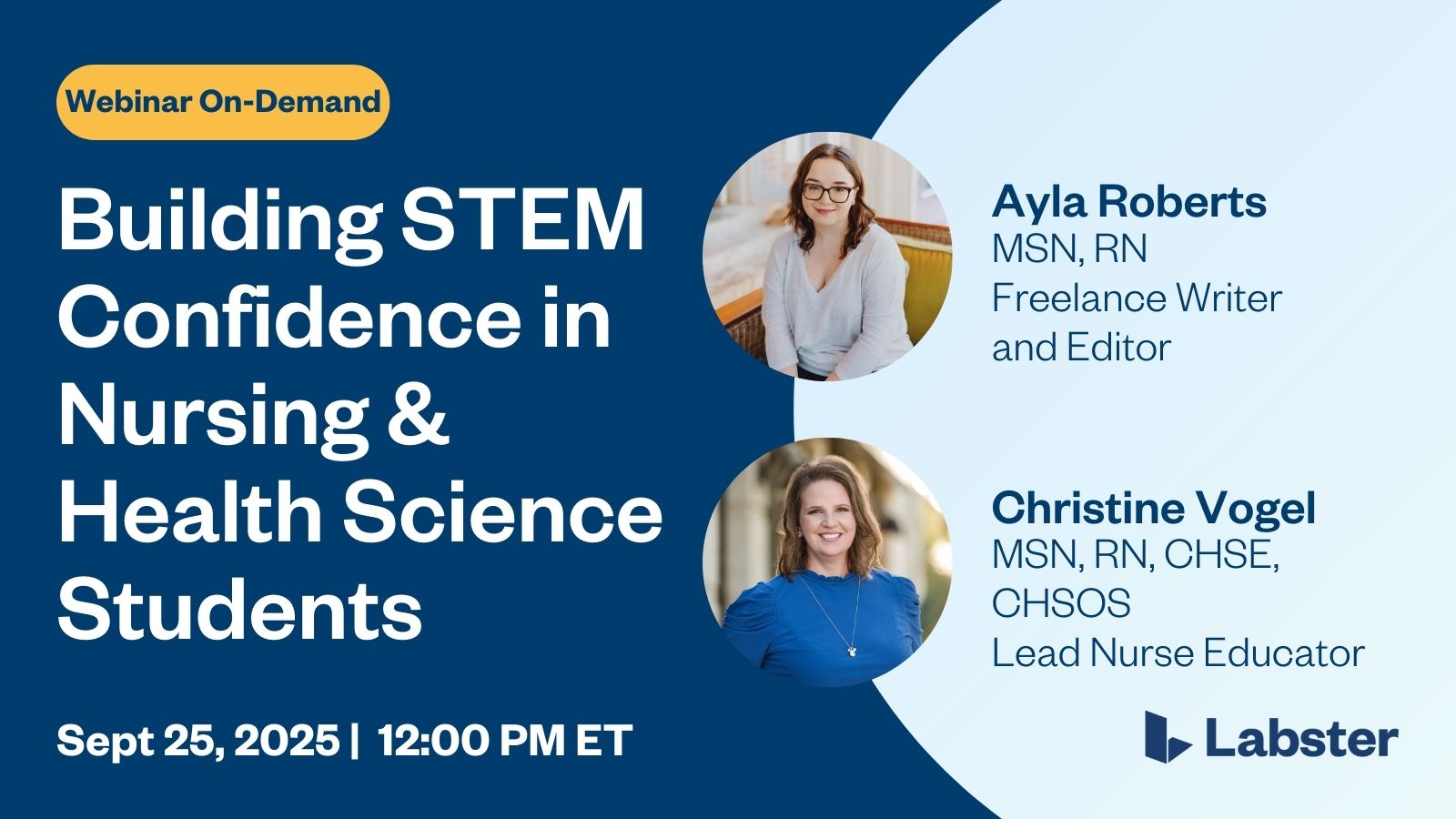Enhancing Student Success Through Strategic Collaboration Between Higher Education Administrators and Educators
.jpeg)
Author
Table of Contents
Name of the heading
Collaboration between educators and higher education administration is critical for enhancing student performance.
According to a Salesforce report on student success, achieving this partnership in the academic field requires focus on three key areas: Listening, Engagement, and Action. We’ve added a fourth area, too: Leaning on Partners for Valuable Support.
How Administration can Collaborate with Educators
1. Listening
Listening to Educators
A practice known as radical listening provides a potent tool for administrators. Administrators focus on absorbing their perspectives rather than rushing to solve educators' concerns or sway their viewpoints. This foundation of understanding paves the way for responsive action.
Edutopia outlines four ways higher education administrators can radically listen.
- Open-ended surveys
- In-depth interviews
- Focus groups
- Digital bulletin boards/suggestion boxes
Listening to Student Data
Partnering with instructors to determine what to do with student data is crucial. Are students involved in academic and career advising, clubs, and extracurricular activities? How are their grades? These insights should guide policy and financial decisions.
An article on PBS about data in higher education said, “Done well, analyzing and acting on student data can boost student performance and deliver returns on investment.” Data and instructor feedback can reveal areas where administrators need to direct more funding or attention.
2. Engagement
Create a Shared Vision + Goals
Creating a shared vision and goals involves inviting educators to set the institution's goals, fostering a sense of inclusivity and shared purpose. Clear communication of the institution's mission, vision, and goals is critical, allowing everyone to understand their role within the broader objectives.
Dr. Jason Osborne, an experienced senior leader in higher education administration, shared his experience, “We intentionally discussed the vision for each new degree proposal with the faculty, department chair, dean, and provost leadership team to ensure all shared the same understanding of how the student experience would be shaped and how it aligned with strategic goals and values of the institution.”
3. Action
Support Professional Development
Investing in the professional development of educators is a significant action that higher education administration can take. This could be through the provision of training programs, workshops, seminars, or funding for advanced degrees.
Educator retention is essential. A survey by Academic Impressions found “71% of higher-ed professionals report that more access to professional development would increase their likelihood of staying at their current institution.” Providing opportunities for educators to grow professionally will enhance their teaching skills and increase their morale and job satisfaction.
Equip Educators With the Technology They Need
Fierce Education says, “86 percent of educators are convinced that technology should play a paramount role in how they teach future generations.” Equipping educators with the necessary tools and resources can range from technological tools such as textbooks, online resources, and training materials.
One such tool for equipping educators is Labster for science professors. Ease the teaching burden on them, make the curriculum more engaging for students with virtual labs, and make your STEM programs more appealing to prospective students.
4. Lean on Partners for Valuable Support
At Labster, we value our partnerships with educators and administrators in higher education and high school. Here are some of the ways we partner with both of these audiences.
Educators test Labster simulations and help guide development
Labster partners with faculty and teachers to have them test our scenarios as we build them. Our input on what we choose to build comes from our educators and the path to creating them is built alongside them!
Labster Administrator Advisory Board
Labster has pooled together higher education Deans, AVPs, VPs, Provosts, CAOs, Directors, and more to have them advise the direction of Labster’s product.
Labster Community Campus
The Community Campus is a great science educator community where instructors and teachers can share information and develop thought leadership around issues impacting their peers, students, and institutions. There are also tips for how to maximize your Labster experience. The Community is open to any science educator.
FAQs
Heading 1
Heading 2
Heading 3
Heading 4
Heading 5
Heading 6
Lorem ipsum dolor sit amet, consectetur adipiscing elit, sed do eiusmod tempor incididunt ut labore et dolore magna aliqua. Ut enim ad minim veniam, quis nostrud exercitation ullamco laboris nisi ut aliquip ex ea commodo consequat. Duis aute irure dolor in reprehenderit in voluptate velit esse cillum dolore eu fugiat nulla pariatur.
Block quote
Ordered list
- Item 1
- Item 2
- Item 3
Unordered list
- Item A
- Item B
- Item C
Bold text
Emphasis
Superscript
Subscript





